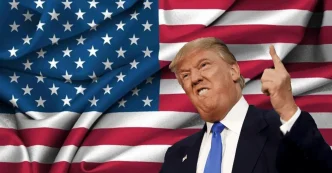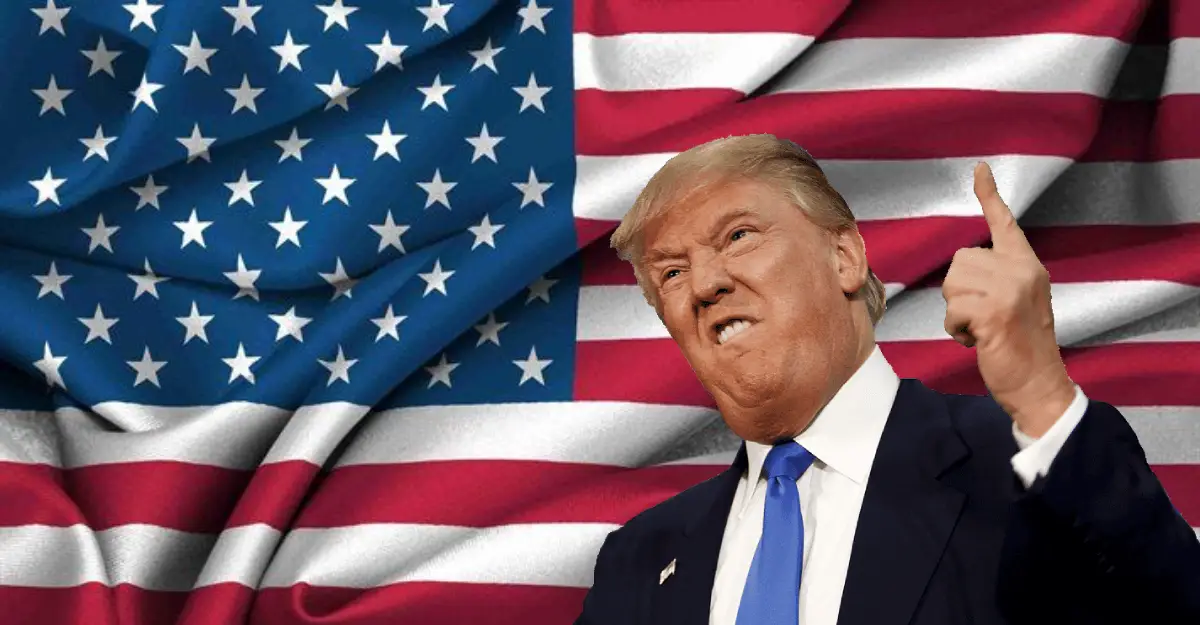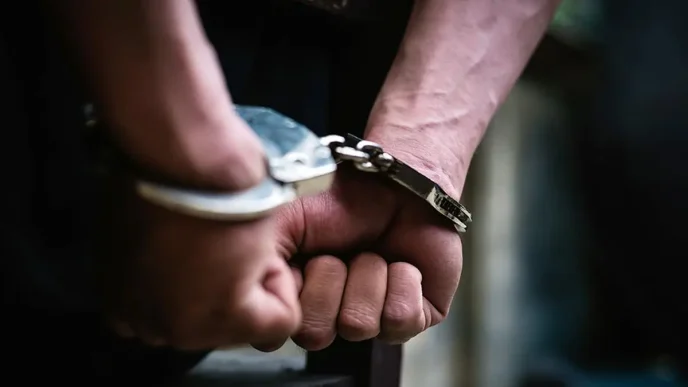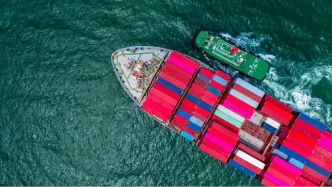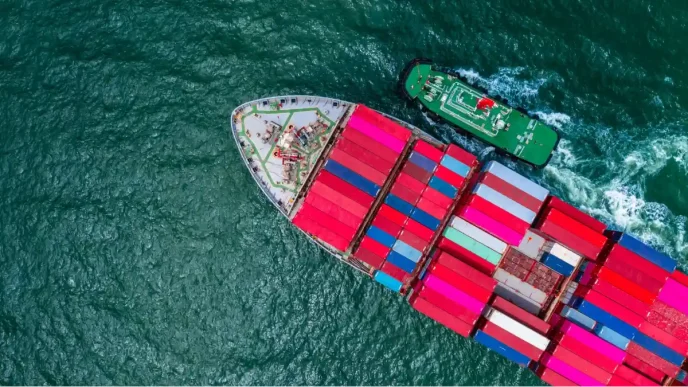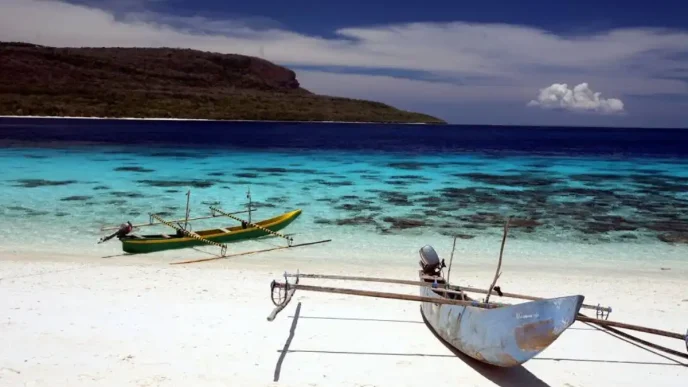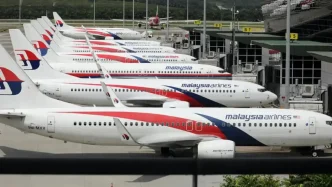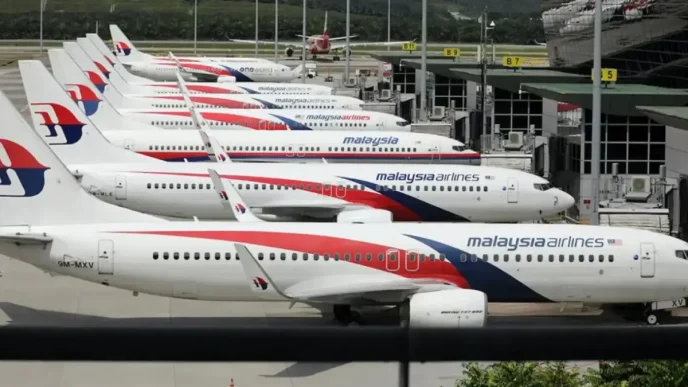The US Department of State has mandated that Southeast Asian applicants for F, M, and J non-immigrant visas must set their social media accounts to public, a global policy effective June 23, 2025, aimed at bolstering US national security. This requirement, announced via US embassies in Thailand, Vietnam, Indonesia, and the Philippines, affects thousands of students and exchange visitors across the region, who must unlock their online profiles for consular review.
The US Embassy in Thailand underscored the policy’s urgency for Southeast Asian applicants. In response to an enquiry by this publication, the embassy stated, “Applicants must adjust social media settings to public to facilitate vetting, ensuring compliance with US national security standards.” This requirement affects thousands of students across the region.
The State Department, which issued and developed the policy, will screen public posts for fraud, terrorism, anti-semitism, or hostility toward the US, impacting Southeast Asia’s vibrant student community, which sent over 30,000 F, M, and J visa holders to the US in 2024.
Regional Impact of Enhanced Visa Vetting
The US Department of State’s policy targets F visas (academic students), M visas (vocational or non-academic programs), and J visas (exchange visitors like scholars or cultural participants). “Applicants are requested to adjust the privacy settings on all of their social media accounts to ‘public’ to facilitate vetting necessary to establish their identity and admissibility to the United States under U.S. law,” the US Embassy in Thailand stated, echoing directives across Southeast Asia. The policy is global, but Southeast Asia’s high visa application volume—over 15,000 F visas issued to Vietnamese and Indonesian students in 2024—makes it a key region, as reported by The Pattaya News and The Jakarta Post. Consular officers will review public social media content, documenting findings via screenshots to assess eligibility.
The State Department’s June 18, 2025, announcement followed a May 2025 pause in F, M, and J visa processing to refine vetting protocols, addressing inefficiencies in screening applicants with prior visa issues, such as Student and Exchange Visitor Information System (SEVIS) terminations. Enhanced scrutiny now applies to all F, M, and J applicants, with mandatory social media checks for those flagged as risks. The US Embassy in Vietnam emphasized that visa decisions are “national security determinations,” and approvals may be revoked if applicants violate US laws post-entry, a message resonating across consulates in Hanoi, Jakarta, and Manila.
Applicant Obligations and Regional Challenges
Southeast Asian applicants must ensure social media profiles are publicly accessible, as outlined on travel.state.gov. The policy builds on a 2019 State Department requirement for all visa applicants to provide social media identifiers on DS-160 and DS-260 forms, but the 2025 update mandates public settings for F, M, and J applicants specifically. “We use all available information to identify applicants who are inadmissible, including those posing a threat to U.S. national security,” the US Embassy in Indonesia stated, reflecting a region-wide stance. Non-compliance could delay processing, critical for students in Thailand and the Philippines facing academic deadlines.
Consular reviews focus on public content—posts, images, comments—not private messages, unless disclosed. Applicants with prior visa denials or SEVIS issues face intensified checks, with officers screening for content hostile to the US government, culture, or institutions. The Manila Times noted Filipino students’ concerns about navigating this requirement, given the region’s 80%+ social media penetration. Indonesian applicants echoed similar worries, per The Jakarta Post, citing the challenge of sanitizing profiles. US embassies in Bangkok and Hanoi urge applicants to check appointment availability and review profiles for problematic content, though vetting criteria remain undisclosed to prevent circumvention.
Privacy and Southeast Asia’s Educational Ambitions
The policy sparks privacy concerns for Southeast Asian applicants, who must expose personal online activity to US scrutiny. While 2025 reports show no region-wide protests, the 2019 social media screening policy drew criticism for potentially curbing free speech, a concern relevant to Southeast Asia’s digital-savvy youth. The State Department, which crafted the policy, insists it’s uniform and vital for national security, affecting all F, M, and J applicants globally. Vietnam and Thailand, among the top 10 countries for US student visas, sent over 10,000 J visa holders in 2024, per State Department data, underscoring the region’s stake.
Southeast Asia’s growing educational ties with the US face new hurdles, as the policy aligns with efforts to curb visa fraud and security risks. France24 and ABS-CBN report its impact on the region’s students, who dominate platforms like X and Instagram. Posts on X from Vietnamese students highlight unease about privacy trade-offs, though official complaints are limited. The State Department balances security with processing efficiency, urging applicants to use verified sources like travel.state.gov amid unconfirmed reports of broader 2025 immigration restrictions. Southeast Asia’s students must navigate this digital vetting to pursue US opportunities, reshaping regional aspirations in a security-conscious era.

